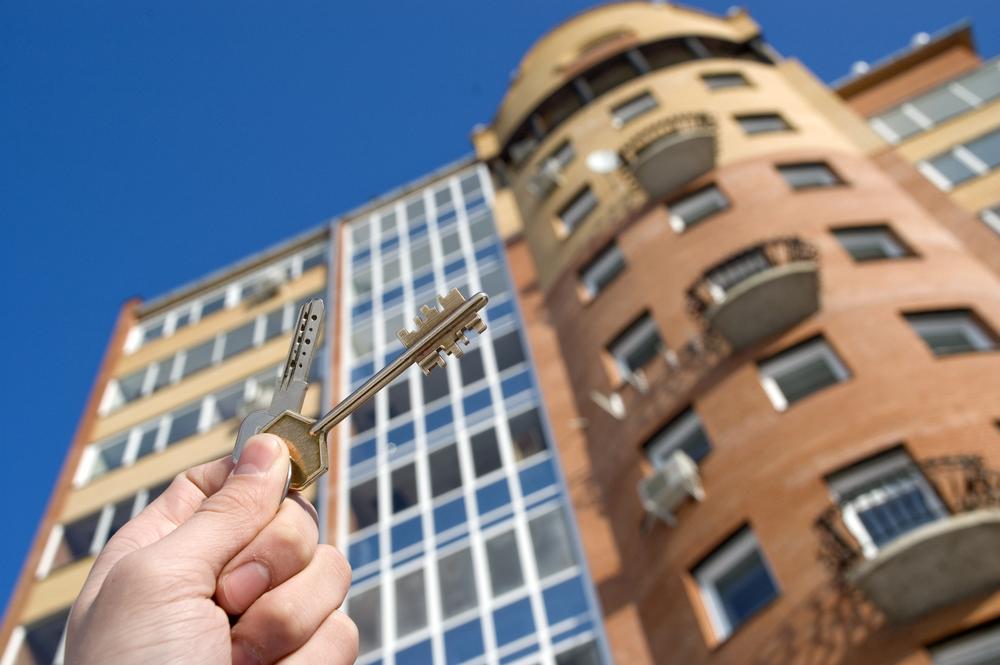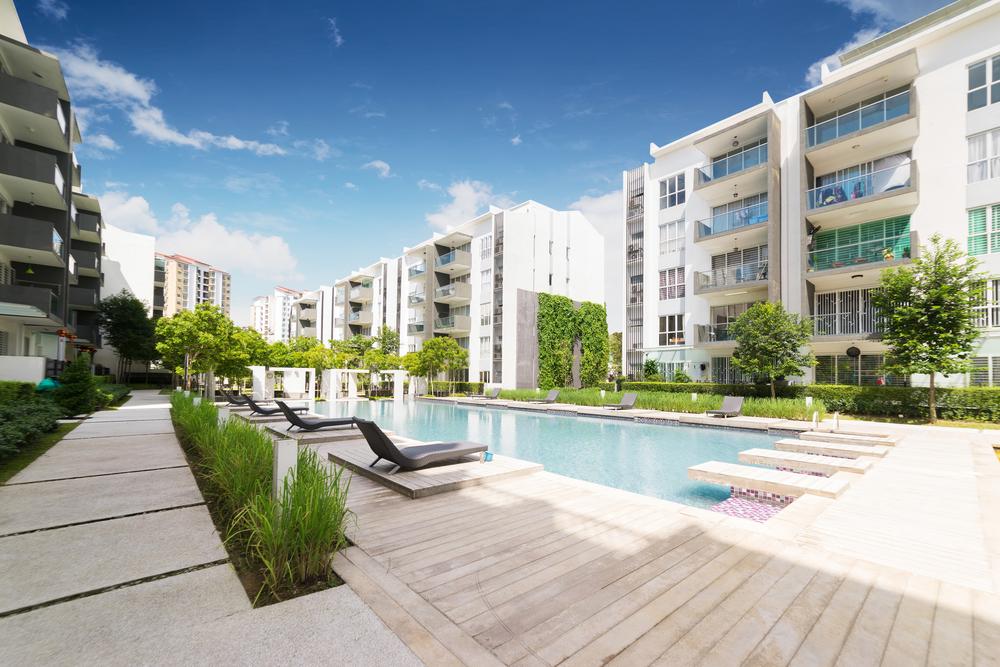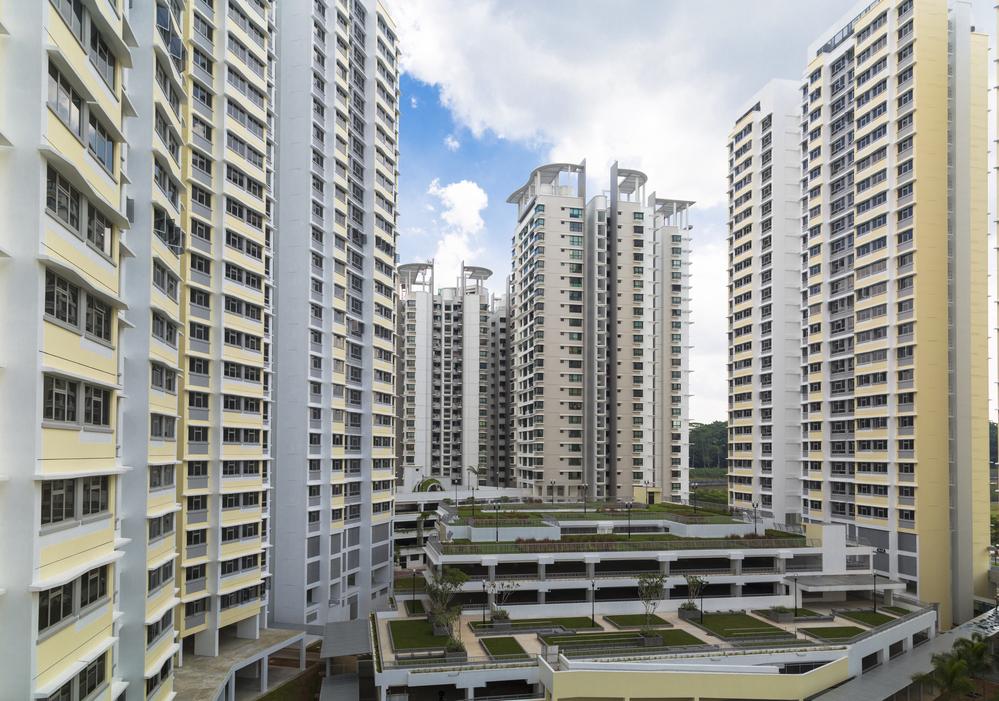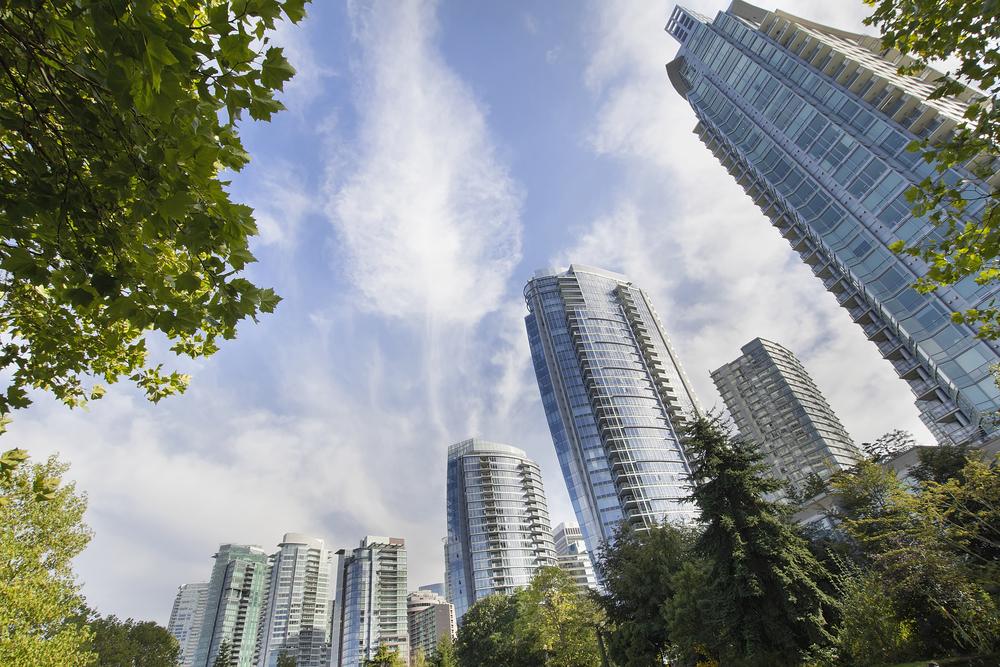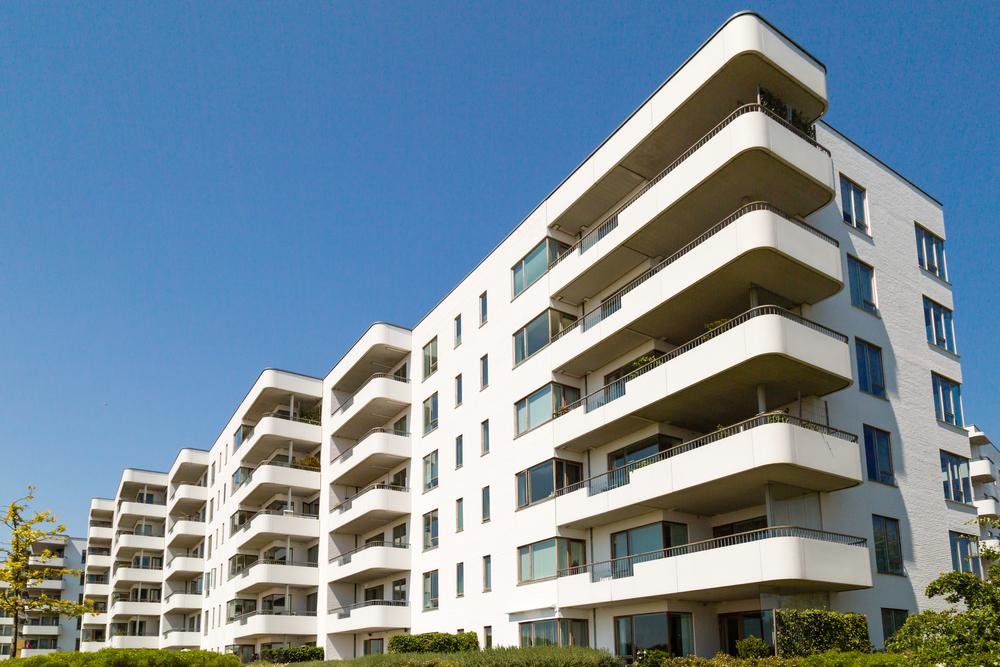
The Ministry of Law (MinLaw) and Singapore Land Authority (SLA) announced on the 19th of July 2023 that the ‘commercial and residential zone will be taken off the listing of zones for land uses.
The reason is that the ‘Commercial and Residential’ sites are primarily residential purposes, these developments will now be classified in the category of residential property and will be governed by the Residential Property Act (RPA). “This will better reflect the intention in the RPA to ensure the security of homes for Singaporeans,” according to the news release of July 19.
Watten House Condo features a gross plot ratio of 1.4 and an average building height of five storeys
The changes came into in effect at midnight on the 20th of July 2023, every foreign buyer – either an individual or company – that wants to buy an interest in an area of land or property that is zoned for commercial and residential’ purposes would need to submit an application for an approval from the RPA in accordance with the press announcement.
Foreigners who own of property or property with this zones are not required to obtain permission under the RPA in the event that their intention is to preserve the property in its current condition. However, they must to obtain an approval from the RPA should they decide to keep the property and then redevelop it. property.
The use of residential properties is not typically permitted within these zones of land use.
Sites designated as commercial & Residential’ is designed for mixed commercial and residential developments. Based on URA’s interpretation of the Zoning, commercial use is restricted to forty% from the total allowed floor area, whereas the residential component must be at minimum 60%.
Examples of mixed-use development with residential and commercial zoning are Bukit Timah Plazaand Sherwood Towers, Katong Shopping Centre and Sixth Avenue Centre. The majority of these were built during the 1970s and 1980s, and attempt to negotiate a collective sale.
The owners of the strata-titled Bukit Timah Plazaand Sherwood Towers mixed-use developments are seeking an auction. In the Master Plan 2019, the site is designated for commercial and Residential’ uses with the gross plot ratio being 3.0. The mixed-use development comes with an agreement for 99 years from the year 1976.
Katong Shopping Centre completed its fourth collective sales attempt on the 10th of July at an estimated amount of $638 million. The price remains the same as the previous auction that was announced on April 18 before closing in May 19.
The site is located at the corner at the intersection of Mountbatten located on the corner of Mountbatten Haig Road, Katong Shopping Centre is the benefit of a freehold site with 86,924 square feet. In the Master Plan 2019, Katong Shopping Centre is designated for residential and commercial usage at an average percentage of 3.0.
As per Edmund Tie, the marketing agent of Katong Shopping Centre, the site can be transformed to become an integrated development with the current area ratio of 3.223 and the possibility to convert the residence portion into serviced apartments subject to approval from authorities.
Sixth Avenue Centre is a freehold mixed-use site located at 805 Bukit Timah Road, was last launched for sale by tender in April 19th, 2022 by a marketing agents Cushman & Wakefield. Its reserve value was set at $85 million.
The building was completed in the mid-1980s. Sixth Avenue Centre comprises seven shops and 18 apartments. It’s located on an impressive corner area of 15,009 square feet located at the intersection between Bukit Timah Road, and Sixth Avenue. It is just three minutes of walking distance to Sixth Avenue MRT Station on the Downtown Line.
Zoned Commercial & Residential’ and with an average plot-to-plot ratio of 3.0 in the URA Master Plan 2019, the site has an area of gross floor of 45,028 square feet. As much as forty% of the floor space has to be devoted to commercial use, and the remaining 60% to be used for residential purposes.
Tan Hong Boon, executive director of capital markets at JLL believes that any impact on the market will be minor on collective sale sites that have “Residential & Commercial’ zoning. “Foreign developers who buy these collective sale sites to redevelop will require a second step to obtain permission,” says Tan. “It will be the same as applying for approval to purchase the residence collective sales site within the Qualifying Certificate (QC) scheme.”
Under the QC program, developers have to complete the residential development within five years and then sell out all apartments within 2 years after completion. In the event that they fail to do this, they will result in extension fees which are based on 8% or 16% as well as the 24% of the cost of purchasing land for the third, second and the first year according to. Extension charges are pro-rated in accordance with the amount of units that remain unsold.
As per Alan Cheong, executive director of research & consulting for research and consultancy at Savills Singapore, the properties that are most likely be affected are the conservancy shops and smaller mixed-use developments with commercial & Residential zone. Investors from abroad are abstaining from purchasing such properties because they must pay an additional buyer’s stamp tax (ABSD) for the residential part that has doubled between thirty% up to 60% on April 27 2023.
“So foreign currency is going to be sucked into commercially zoned shops and retail and commercial space that is strata-titled,” adds Cheong. Foreigners who own such shops are required to obtain approval for the addition of an extension at the rear. Anyone who owns an mixed-use property and want to renovate it should apply for approval.
